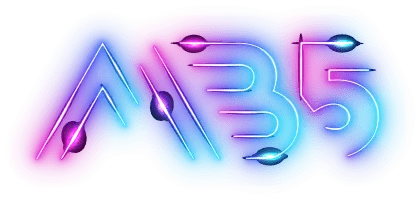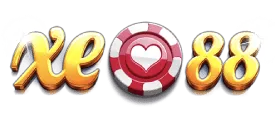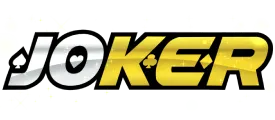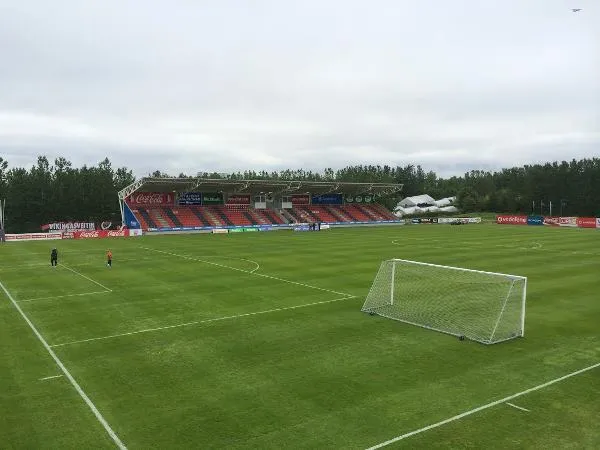2013 Season
After a period of struggle and re-organization at Víkin in the 2012 season, the Víkingur team won promotion to the football Championship.
Aron Elís Þrándarson was chosen both as the 'most promising' and 'best' player in the league.
2014 Season
Having regained their place in the football Championship in 2013, the team finished 4th place, achieving the club's highest league position since 1991.
2015 Season
Víkingur men's team played their first Europa League qualifiers since 1992, and admit a 2–3 defeat on aggregate against Slovenian team FC Koper.
Arnþór Ingi Kristinsson scored both of Víkingur's goals in the away clash against FC Koper. Ólafur Þórðarson parted ways with the club.
2016 Season
Only lacking the temporal difference to challenge for a spot in the Europa League qualification the team's fate was a mid-table finish.
Óttar Magnús Karlsson was the standout player in the team as he was chosen 'most promising player' in the league.
2017 Season
The season turned sharply by Miloš Milojević surprise resignation from the gaffers position early in the season.
This event cued the return to home of the then retired multiple championship winner and fans favourite Logi Ólafsson, who steered them to a safe mid-table finish.
2018 Season
Memorable for lively supporters match day experiences at Víkin, the 2018 early season performance was however highly affected by sloppy pitch conditions.
Acclaimed Iceland International Sölvi Geir Ottesen made his return to Víkin - now alternatively known as the 'Homeground of Happiness'.
At the end of the season Logi Ólafsson moved back into retirement passing the managerial position to his assistant and former International Arnar Gunnlaugsson.



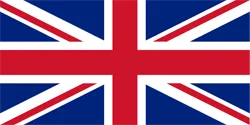 ENG
ENG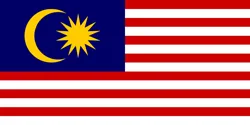 MYS
MYS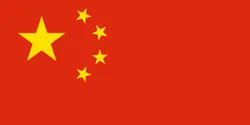 简体中文
简体中文